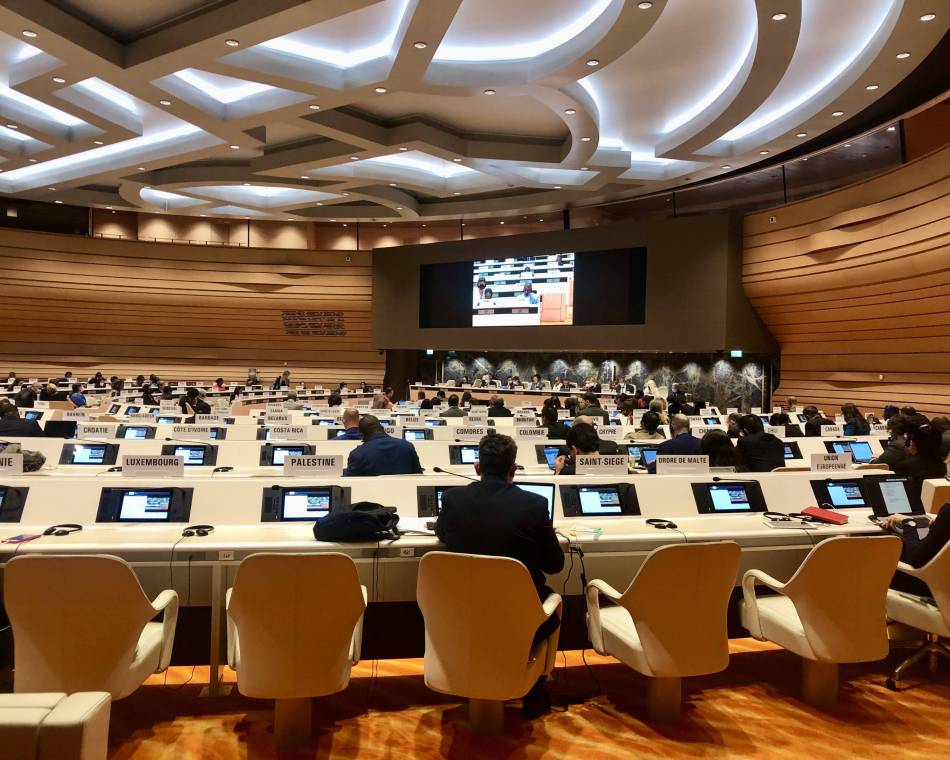GENEVA (AN) — After a marathon weeklong session, the World Health Assembly adopted a new strategy for HIV, viral hepatitis and sexually transmitted infections that appeases socially conservative nations by omitting a standard glossary of sexual health terms for discussing treatment and care.
Leaders at the global health talks also approved a U.S.-led process for reforming the legally binding international rules that nations must follow when responding to global health emergencies like the COVID-19 pandemic.









